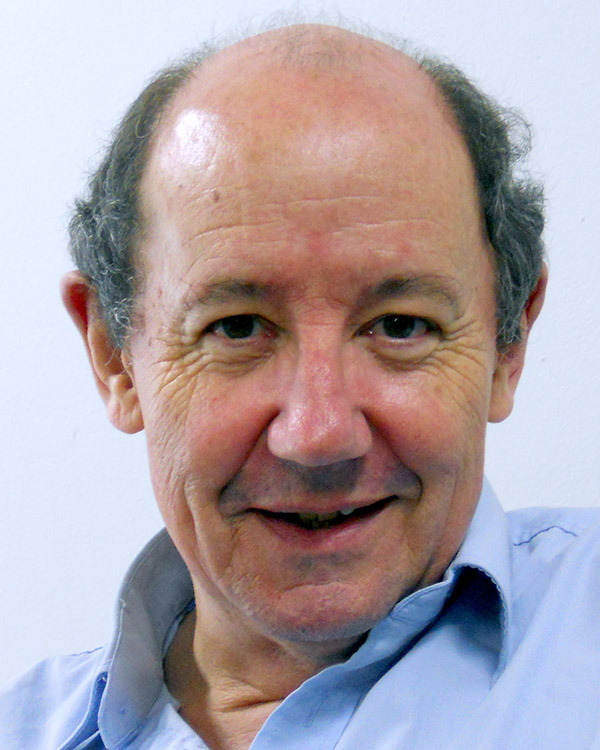Since the early modern era, history has been largely viewed through an anthropocentric lens, skewing towards the involvement of humans. David Christian (NHC Fellow 2006–07) flips this narrative by zooming out to see history—specifically, Big History—on a larger scale, measured by geological and cosmological time.
Big History is a model that embeds human history within the history of the larger universe, including the biosphere, the Earth, and the solar system. Interdisciplinary in scope, it brings together fields as seemingly disparate as cosmology, anthropology, and geology. In terms of narratology, Big History offers what Christian calls “a unifying origin story” that explains our origin and place in the universe, bridging together the humanities with the social sciences.
Turning to pedagogical implications, Christian also discusses how we can harness technology to help younger students conceptualize various time scales—human, geological, and cosmological—in mapping a digital landscape. Ultimately, the teaching of Big History raises crucial epistemological questions about how we attempt to make sense of our place in the world.
